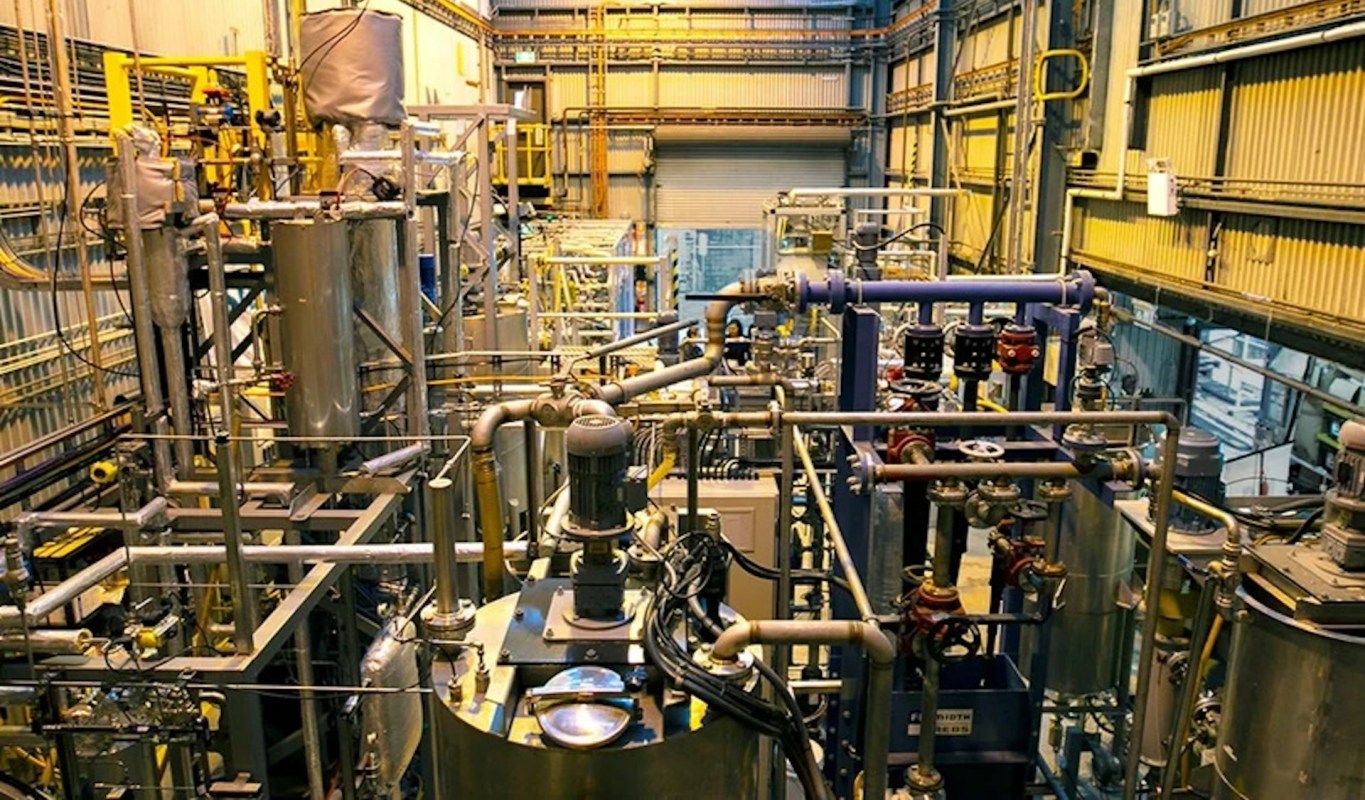An Australian company has engineered a process for turning carbon dioxide into construction materials in what could be a big win for the planet and the idea of a "circular" process, as the Institution of Mechanical Engineers reported.
The company, MCi Carbon, partnered with Austrian refractory products supplier RHI Magnesita to build the "first industrial large-scale carbon capture and utilisation (CCUS) plant in Austria," which will be able to capture and transform 50,000 tons of carbon dioxide every year, according to the engineering institution.
MCi Carbon explained its process briefly on its website, writing: "Our team has re-engineered the Earth's natural process of storing CO2 called mineral carbonation.
This process of reacting CO2 with minerals usually occurs over millions of years geologically. We've accelerated this process for use in industrial settings … [with a] patented mineral carbonation process."
A paper on the topic published in the Carbon Capture and Storage journal, and shared by ScienceDirect, explained the process a bit further, saying: "Mineral carbonation is a potential storage method that accelerates the geological process of rock weathering. It involves the formation of stable carbonates by the reaction of CO2 with naturally occurring oxides or silicates of magnesium, iron, and calcium."
What that means in less science-y terms is that MCi Carbon will be able to remove carbon dioxide — the substance largely responsible for the continued overheating of our planet and the consequential extreme weather events — from the atmosphere and "trap" it in substances that can be used to make buildings.
"This investment marks a pivotal moment," said Marcus Dawe, founder and CEO of MCi Carbon, per the Institution of Mechanical Engineers. "We are poised to accelerate our global commercialisation efforts and address the challenges faced by heavy industries in achieving decarbonisation."
This type of technological development is a welcome one for the construction industry, which is among the most heavily polluting industries in the world. According to the U.N. Environment Programme, the buildings and construction sector is responsible for an estimated 37% of the world's total heat-trapping pollution every year.
Other recent efforts to decarbonize the industry have included injecting carbon directly into concrete, and looking for alternate binding materials with a lower environmental footprint.
Join our free newsletter for weekly updates on the coolest innovations improving our lives and saving our planet.









